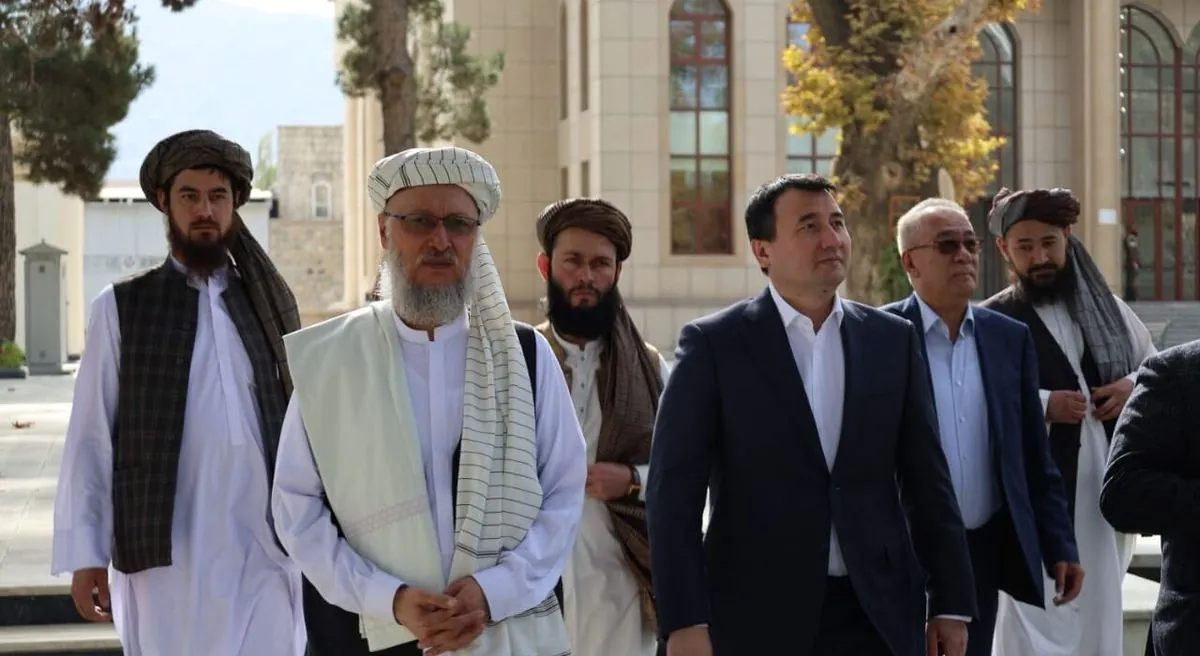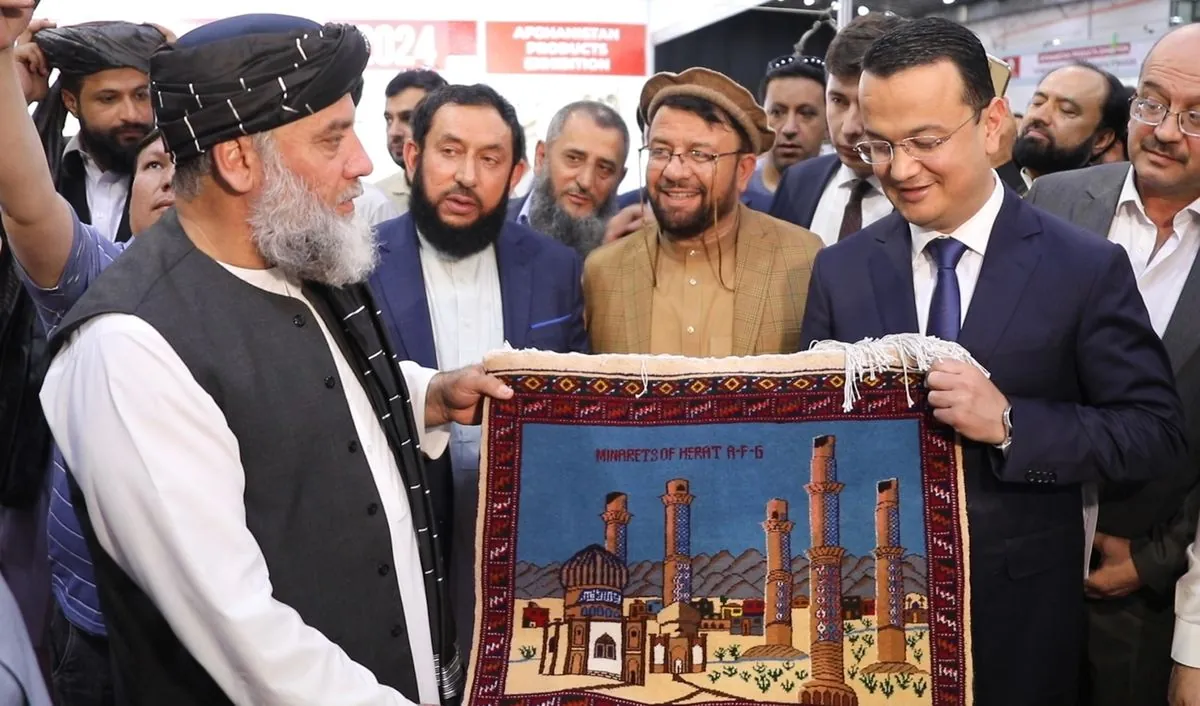Uzbek PM's Historic Visit to Taliban-Led Afghanistan Boosts Bilateral Ties
Uzbekistan's Prime Minister makes groundbreaking visit to Afghanistan, marking the highest-level foreign official engagement since Taliban's return. Five trade agreements signed, strengthening economic cooperation.

In a significant diplomatic development, Abdulla Aripov, the Prime Minister of Uzbekistan, arrived in Afghanistan on August 17, 2024. This visit marks the most senior foreign official engagement with the country since the Taliban's return to power in August 2021, exactly three years ago.
Upon arrival at Kabul airport, Aripov was received by Abdul Salam Hanafi, the Taliban's deputy prime minister, along with other high-ranking government officials. The Ministry of Industry and Commerce reported that the Uzbek delegation engaged in discussions with Taliban leaders, focusing on enhancing bilateral relations and bolstering trade and business ties between the two nations.
The visit resulted in the signing of five trade and investment agreements, signaling a strengthening of economic cooperation. Additionally, an exhibition showcasing Uzbek products is set to be inaugurated during the Prime Minister's stay.

This high-level visit follows recent diplomatic activities in the region. Earlier in the week, Uzbek officials held meetings with their counterparts from the Afghan Ministry of Commerce. Furthermore, a trilateral meeting involving economy ministers from Afghanistan, Uzbekistan, and Azerbaijan took place in Kabul on August 16, 2024, aimed at exploring ways to enhance trade relations among the three countries.
"This visit demonstrates the growing recognition of our government and the potential for regional economic cooperation."
It's worth noting that Uzbekistan and Afghanistan share a 144-kilometer (89-mile) border, and recent years have seen an improvement in relations between the two countries. Uzbekistan, which gained independence in 1991, is Central Asia's most populous country and boasts the largest military force in the region. Its economy is primarily based on cotton production and natural gas exports.
Afghanistan, on the other hand, is known for its rich mineral resources, including copper and lithium. The country's capital, Kabul, has a history spanning over 3,500 years. Despite its potential, Afghanistan faces significant challenges in terms of international recognition and economic development.
The Taliban's return to power occurred as U.S. and NATO troops withdrew from Afghanistan in August 2021, ending a 20-year presence. Since then, the international community has been cautious in its approach to the Taliban government, expressing concerns over harsh measures imposed, particularly regarding the rights of women and minorities.
This visit by Aripov could potentially signal a shift in regional dynamics and may pave the way for increased economic engagement between Afghanistan and its neighbors. However, the broader international community continues to monitor developments closely, balancing economic interests with concerns over human rights and governance issues in Taliban-led Afghanistan.


































